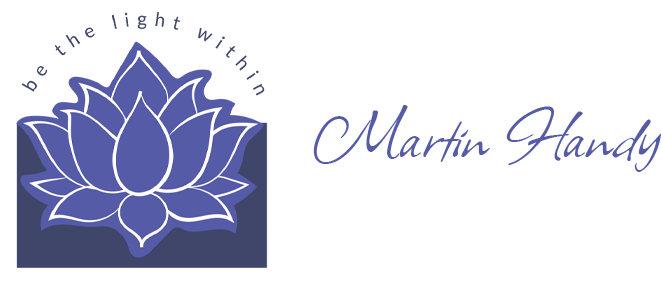Journalling is a powerful tool for self-exploration. It helps one become more aware of:
- how the past has shaped our current view of ourselves, others and the world
- how we interact with other people and with current situations and experiences
- negative automatic thoughts
- the inner irrational beliefs about self, others and the world, that perpetuate and reinforce the negative thoughts
- the unhealthy emotions that the thoughts and beliefs can trigger
- the behaviours that they encourage us to implement, such as avoidance, anger, procrastination, stress, anxiety, criticism and judgementalism
- our met and unmet needs
Becoming more aware of these formations allows us to change them to:
- positive automatic thoughts, built on rational beliefs about the self, others and world
- create new healthy emotions
- constructive and productive behaviours that form a basis for happiness and achievement
- have healthier more honest and constructive interactions with ourselves and others through everyday experiences and situations
Journaling can be done in a number of ways:
- diary
- drawings, symbols and images
- paintings
- cartoons/illustration
- poetry, narrative and drama
- neurographic art
It is something you do when you want to do it. I also see the journal as your personal counsellor within, the wise self, the wise mind, the compassionate and empathic mind within. It finds your real voice of who you are, who you are becoming and who you want to be. It is about telling the difference between who the world and other people want you to be and who you are yourself in terms of what you want to do and become.
It is a meeting of the real self.


